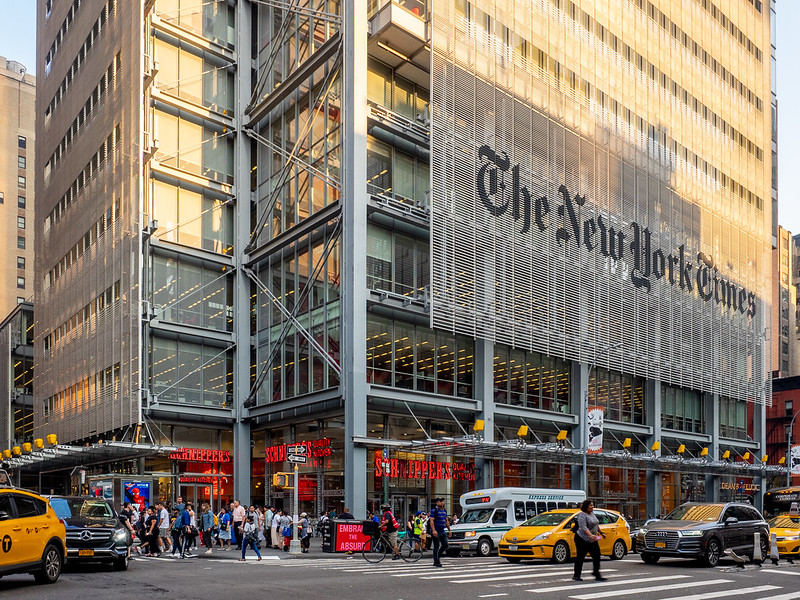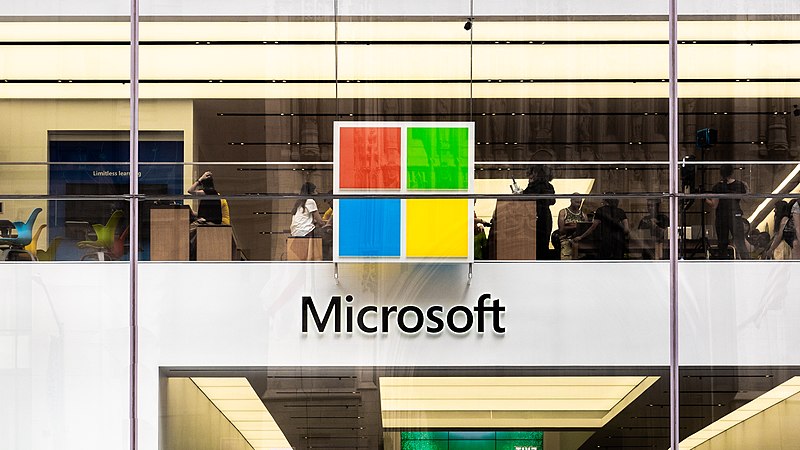In their filing, attorneys for Microsoft compared The New York Times’s position with that taken by 20th century film lobbyists, who railed against the VCR as a potential threat to Hollywood’s economic model.
Microsoft has filed an initial response to a copyright infringement lawsuit filed by The New York Times, which accuses the Washington-based company of using protected content to train generative artificial intelligence models.
According to The Guardian, Microsoft asked that a court dismiss many of the Times’s claims. In their filing, attorneys for Microsoft derided suggestions that content sourced from the New York Times receives “particular emphasis” in language modeling, as well as claims that technology companies “seek to free-ride on the Times’s massive investment in its journalism.”
The New York Times’s lawsuit, detailed by LegalReader in a December 2023 article, specifically alleges that Microsoft—by far OpenAI’s biggest investor—committed copyright infringement by using the paper’s “copyrighted news articles, in-depth investigations, opinion pieces, reviews, how-to guides, and more” to create artificial intelligence products that “threaten The Times’s ability to provide that service.”
However, in its response, Microsoft compared the Times’s claims with Hollywood’s early reluctance to accept the VCR—a concern underlain by fears that recordings of blockbuster films and popular television shows could undermine the movie industry’s economic model.
“‘The VCR is to the American film producer and the American public as the Boston strangler is to the woman home alone,’” Microsoft attorneys wrote, quoting 1982 congressional testimony from film lobbyist Jack Valenti.
The Times, Microsoft said, is similarly trying to use its influence and “its megaphone to challenge the latest profound technology advance: the Large Language Model.”

OpenAI, a defendant in a related claim being litigated by the Times, has already made similar arguments. Recently, attorneys for OpenAI alleged that the paper had “paid someone to hack OpenAI’s products,” using manipulative ChatGPT prompts to solicit copyright-infringing material after thousands of failed attempts.
“ChatGPT is not in any way a substitute for a subscription to The New York Times,” OpenAI wrote in its motion for dismissal. “In the real world, people do not use ChatGPT or any other OpenAI product for that purpose. Nor could they.”
“In the ordinary course,” OpenAI wrote, “one cannot use ChatGPT to serve up Times articles at will.”
Although it appears that the New York Times has yet to file its legal response to Microsoft’s claims, the paper’s lead counsel—Ian Crosby—has already derided the company’s “VCR” comparison.
“Microsoft doesn’t dispute that it worked with OpenAI to copy millions of The Times’s works without its permission to build its tools,” Crosby told The Guardian in an emailed statement., adding that Microsoft “oddly compares [Large Language Models] to the VCR even though VCR makers never argued that it was necessary to engage in massive copyright infringement to build their products.”
“Despite Microsoft’s attempts to frame its relationship with OpenAI as mere ‘collaboration,’ in reality, as The Times’s complaint states, the two companies are intertwined when it comes to building their generative A.I. tools,” Crosby said.
Sources
Microsoft asks to dismiss New York Times’s ‘doomsday’ copyright lawsuit
Microsoft compares The New York Times’ claims against OpenAI to Hollywood’s early fight against VCR
Microsoft Seeks to Dismiss Parts of Suit Filed by The New York Times


Join the conversation!